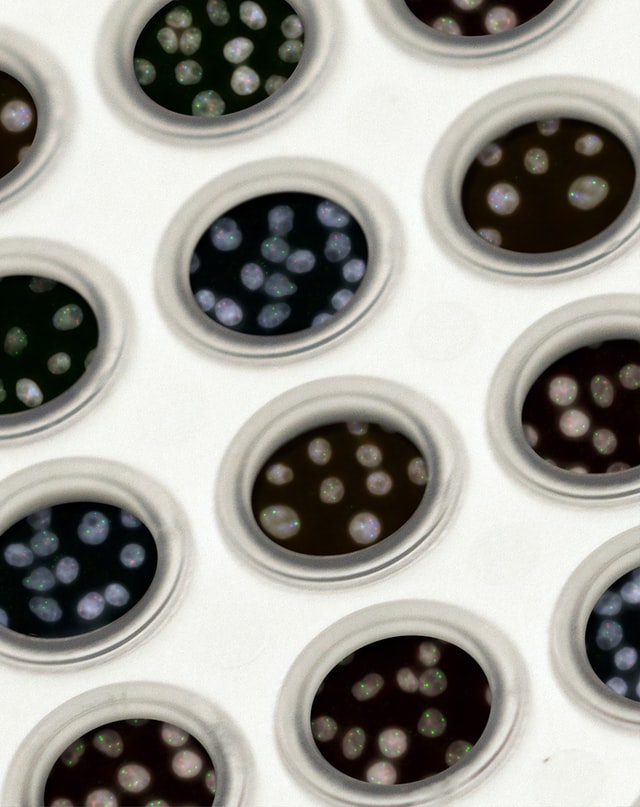Aggregated News

Life can change dramatically when someone learns they are genetically predisposed to a disease, such as a condition called familial hypercholesterolemia, where a mutated gene can lead to elevated cholesterol and increased risk for a premature heart attack. But these kinds of disease predictions are complicated: not everyone carrying such high-risk variants of a single gene develops the disease.
Now, researchers at the Broad Institute of MIT and Harvard, Massachusetts General Hospital (MGH), and Harvard Medical School, in partnership with IBM Research and health technology company Color, have discovered a possible reason why. They studied genetic and clinical data from more than 80,000 people and found that a person’s genetic background influences not only the risk of heart disease in people carrying familial hypercholesterolemia gene variants, but also the risks of breast cancer and colorectal cancer in individuals with high-risk single-gene variants that predispose them to these diseases.
Moreover, the team discovered that for some people with these high-risk single-gene variants, having a low polygenic score — which accounts for the small contributions from many common genetic variants for disease...



